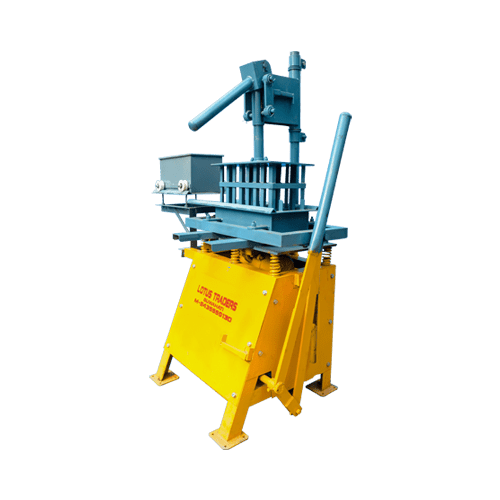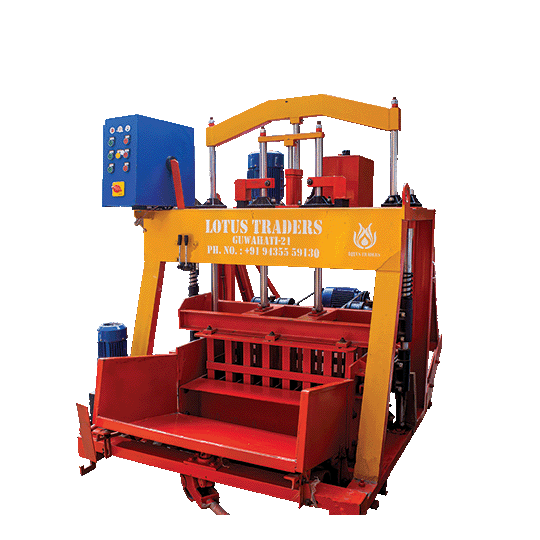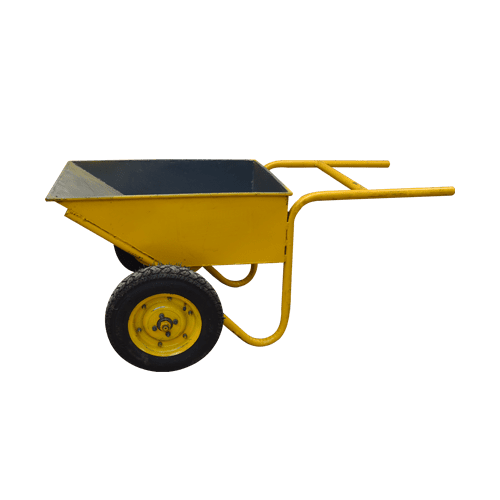Density Bottle
- High Quality Materials
- Compliance With Standards
- Clear Product Information
- Warranty & Support
- Product Testing & Certification
- Delivery & Policy
- Ask a Question
- Estimated Delivery: 5 Days – 10 Days
- DESCRIPTION
FEATURE | SPECIFICATION |
Capacity Available | 25ml, 50ml, 100ml, 250ml, 500ml & 1000ml |
Information About Density Bottle:
Density bottle: Measure with precision, accuracy every time.
A density bottle, also called pycnometer is precision instrument that measures the density of liquids or powders. It usually contains a small, hermetically sealed glass container with clearly defined volume and a narrow neck. The bottle is shaped to hold the substance that must be measured for its density. The density bottle is based on a principle of Archimedes, which says that an object immersed in fluid gets buoyant force equal to its weight until the amount of liquid it displaces.
To calculate the density, one needs to accurately measure the mass and volume of substance it’s containing in a bottle known as “density”. It will be derived through this formula; Density =Mass/Volume. When using a density bottle, it is first weighed when empty and dry. Then, it is filled with the substance that we are investigating but makes sure to get rid of any air bubbles. After corking the bottle, it is reweighed.
The mass difference combined with the known volume of such a bottle can be used to define the density of that substance. This method can be of great value in scientific studies, quality control and many industrial applications where exact density measurements are vital. Density bottles provide a reliable method of acquiring accurate density values for various substances, enabling scientists to study their physical properties and assisting them in formulating as well as analyzing materials used within different disciplines.
KEY FEATURES
Precision Design: Density bottles are carefully made for accurate density measurements. They usually have a very narrow neck and ground glass stopper in order to minimize the effects that arise from factors outside of it.
Standardized Volume: These bottles have the same and definite volume which enables scientists to measure mass of a substance more precisely, density = mass/volume.
Material Selection: Density bottles are commonly produced using high quality materials like glass or specific plastics. The material used must not interact with the substance in test measure to ensure reliability and accuracy of results.
Calibration: Density bottles are very important, especially calibration. These instruments are calibrated against known standards in laboratories to ensure accuracy and traceability of measurements.
Hermetic Seal: This ground glass stopper ensures an airtight seal and prevents variations in volume due to external pressure or temperature changes. this is an essential seal for proper density calculations.
Temperature Control: Density measurements are temperature-sensitive. Some of the density bottles have additions such as a water jacket or temperature control chamber that keep it constant during measurements.
Cleaning and Handling: Cleaning the density bottles must be very careful to ensure that any residues of substances will not interfere with subsequent measurements. Accurate results are vital for proper handling, such as avoiding fingerprints on the glass.
Versatility: Density bottles measure the density of liquids and solids. They have applications in numerous scientific fields like chemistry, physics and materials science.
Finally, it can be said that density bottles are an important tool in laboratories because they offer a reliable approach towards determining the value of substance’s density with precision and accuracy. Because of their standardized design and careful construction, these machines become almost necessary tools for scientific research and experimentation.
UNDERSTANDING THE WORKING PROCEDURE
A specific gravity bottle; also called a density bottle is laboratory equipment used to measure the densities of liquids with great accuracy. It is usually a small, narrow-necked glass container with ground stopper. This is the key to its functionality because of design. First, a density bottle is weighed when empty. The test substance which is to find out its density now carefully poured into the bottle ensuring no air bubbles inside.
The bottle is then weighed again after filling. Difference of mass between filled and empty conditions gives the liquid’s mass. There is also a crucial known volume characteristic of the density bottle – usually engraved on the glass. The density of the substance can be calculated using the formula: density = mass/volume. As the volume of density bottle is known, it plays a constant value and hence enables take perfect calculation on how dense particular liquid can be.
The thin neck of the density bottle reduces the likelihood of mistakes from evaporation or spills. Moreover, the ground glass stopper ensures a perfect seal hence no change is noted in mass during exchange of gases with the surroundings. To sum up, the working principle of a density bottle is to get an accurate measure of mass contained in whatever container using known volume. This design reduces the risk of errors, so it is quite a reliable tool for finding out liquids density in lab conditions.
USAGE AND APPLICATION
A density bottle or specific gravity bottle is a laboratory instrument that determines the exact density of liquids. This is a tiny, rather close-necked container usually has both stopper and capillary tube that makes very accurate measurements possible. They use it to do density calculations important in different fields including chemistry, physics and materials science. The design of the bottle helps reduce errors as it guarantees that there is an equal volume each time liquid was dispensed and the capillary tube aid in measuring a small portion with accuracy.
They are widely used in laboratories for quality control processes wherein the density of different liquids is an important parameter. This is especially the case in sectors like pharmaceuticals, petrochemicals and food and beverage where characteristics of materials should meet certain standards. A bottle used to measure density offers a sure way of determining such properties and contributes towards quality assurance as well as compliance.
Furthermore, density bottles are useful in educational institutions as it can help students to understand the concept of density through hands on experiments. filling the bottle with various liquids and measuring their masses tightly, students can calculate and compare densities this will support theoretical knowledge. In conclusion, density bottle is an important instrument to measure liquids’ densities accurately. It is used for quality control in industries and educational experiments to name a few, making it an essential gadget across all spheres of scientific efforts.
ADVANTAGE AND BENEFIT
A pycnometer, also called a density bottle is a useful instrument for application in various scientific fields. It has several advantages and benefits because of its accuracy and adaptability to different purposes. Firstly, the bottle is used to measure density of liquids and solids accurately. Once the mass and volume of a substance are measured through density bottle, it allows researchers to determine density with great accuracy.
This is especially important in fields such as chemistry, physics and materials sciences where understanding the density of a material is an essential step to characterizing properties. The design concept for the density bottle allows it to hold a specified volume of any substance with an air tight seal and when measurements are being made, changes in this volume or mass can be avoided. This sealed environment itself is particularly beneficial whenever one has to handle volatile or reactive substances because it significantly reduces the chances of changes in composition and state.
Furthermore, the density bottle helps in detection of irregularly shaped objects. By filling a known liquid into the bottle and submerging this object, researchers can determine the volume displaced thereby determining its density. This method is useful in such industries as metallurgy and geology, where samples tend to be irregularly shaped. The use of the density bottle extends to quality control procedures where proper measurement of material density determines whether a product remains consistent and meets industry standards.
Density bottle measurements are beneficial in maintaining the integrity of industrial products like those from pharmaceuticals, food production and manufacturing. Its ability to give definitive measurements of density with liquids as well as solids, automatically accommodates irregular shaped objects and is kept under controlled environment makes it a real asset in terms of accurate experimentation and quality assurance.
CONCLUSION:
purchasing a density bottle from Lotus Traders offers a blend of quality assurance, reliability, and efficient service. With Lotus Traders’ established reputation in the market, customers can expect a product that meets industry standards, backed by the company’s commitment to excellence. Moreover, the transaction with Lotus Traders ensures a seamless buying experience, characterized by transparent communication, timely delivery, and responsive customer support.
Choosing Lotus Traders as the supplier for a density bottle not only ensures the acquisition of a reliable product but also fosters a partnership with a trusted entity in the industry. Thus, considering the overall benefits and assurance that come with engaging Lotus Traders, it becomes a favourable and strategic choice for procuring a density bottle, aligning with quality, reliability, and customer satisfaction.
A density bottle or a pycnometer is small glass container used to measure the density of liquids or solids.
The bottle is weighed empty, then filled with the substance to be measured. After weighing again, the density is calculated by taking the mass divided by volume displaced.
Density bottles offer precise measurements important in many scientific disciplines like chemistry and physics to locate material attributes.
Yes, those are versatile measurement tools called density bottles that allow measuring the densities of liquids and solids as well. Liquids are filled up to a certain line, while solids usually filled with either liquid and that solid is placed inside.
Precision is crucial. The accuracy in the measurements is obtained by careful weighing and ensuring that the bottle is clean and dry before making them.
Yes, the designs vary slightly but generally they have a small neck to reduce evaporation and an exact volume.
Water is frequently taken as a standard since its density has changed very little and can always be considered the same. Comparing the density of other substances with water helps us to understand their characteristics.
Yes, and indeed they are great devices to teach the concepts of mass, volume as well as density in schools and laboratories.
Be very careful about not ruling it, take precise measurements and always be safe in the laboratory.
No, it is impossible to use these density bottles for measuring the gases’ density. are made exclusively for liquids and solids.














